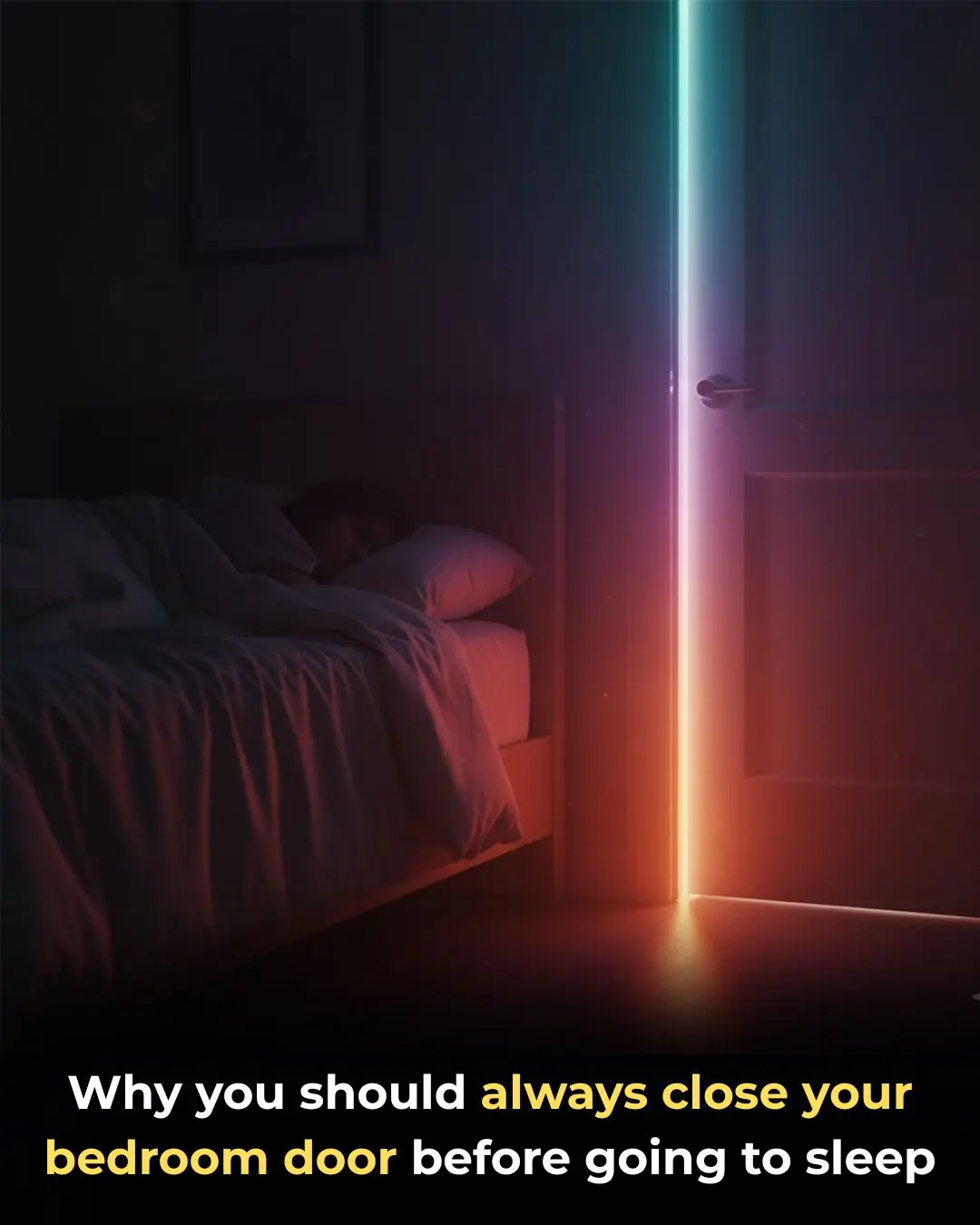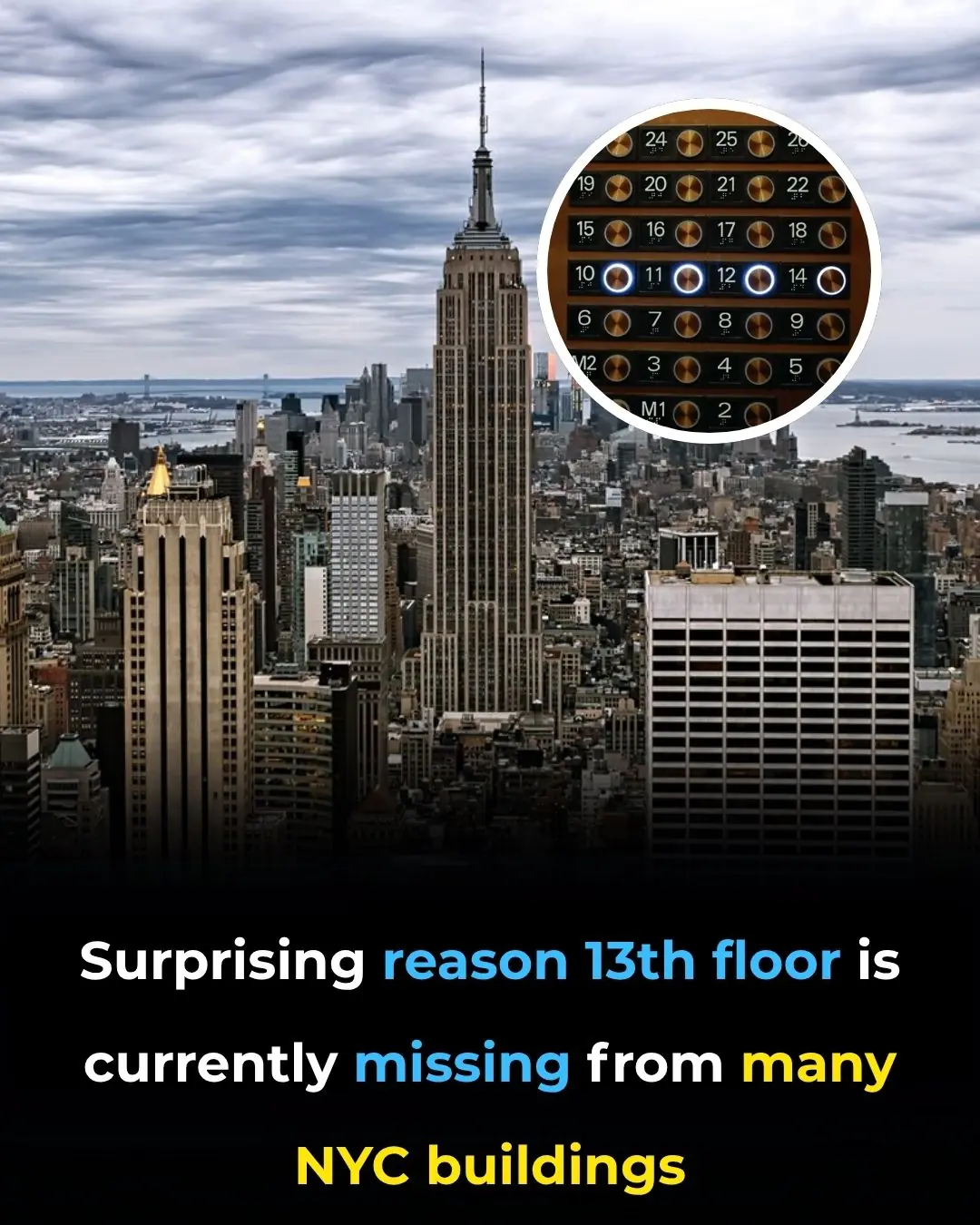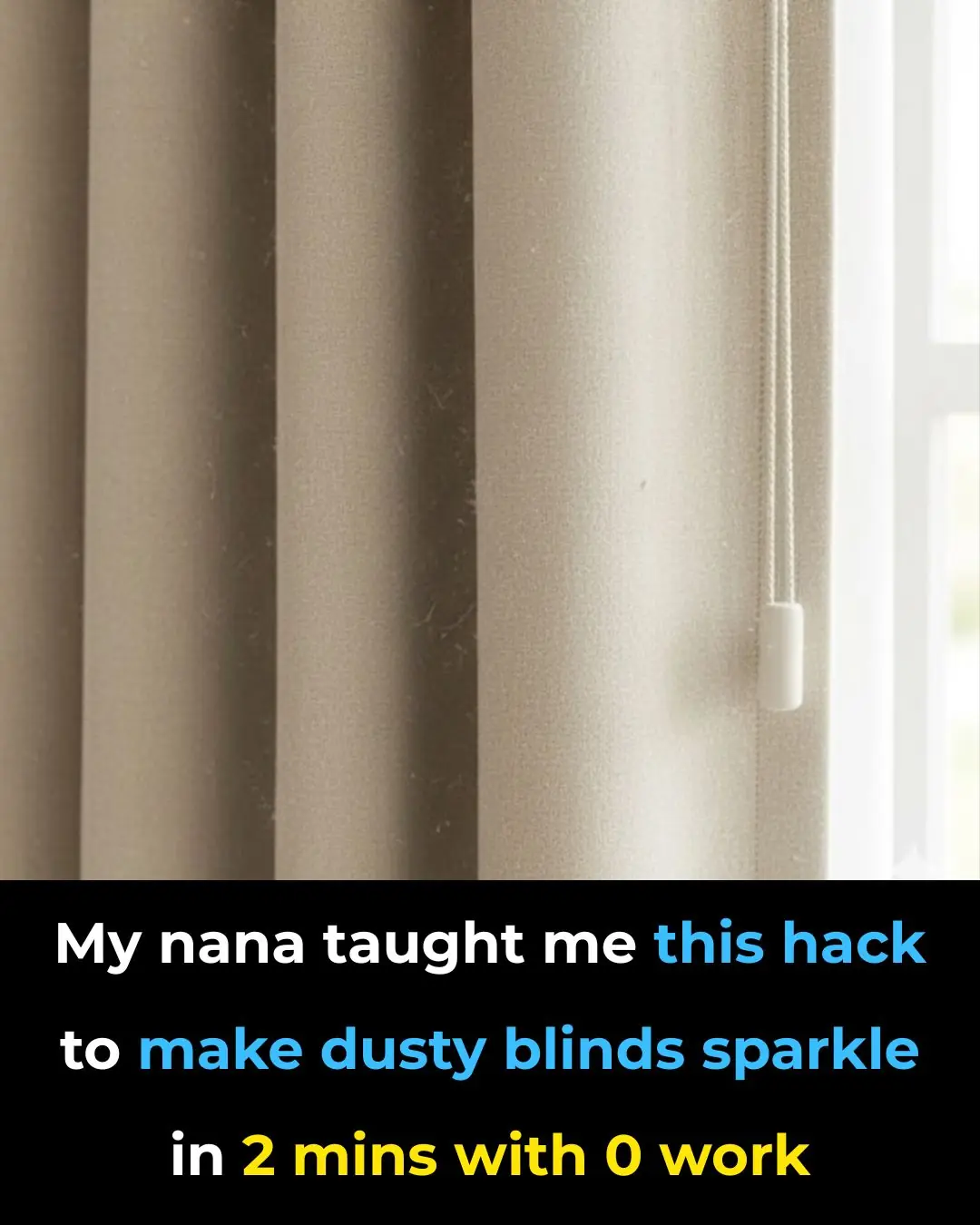
Why So Many New York Buildings Don’t Have a 13th Floor

It’s not unusual to feel uneasy about the number 13. For centuries, the number has been wrapped in superstition, folklore, and a long-standing reputation for bad luck. But in New York City, that superstition hasn’t just stayed in people’s minds — it has literally shaped the skyline.
If you’ve ever stepped into an elevator and noticed the numbers jump from 12 to 14, you’re not imagining things. The disappearance of the 13th floor is one of New York real estate’s most curious and persistent quirks — and it’s far more widespread than most people realize.
The Missing Floor Phenomenon
A 2020 StreetEasy study found that out of 629 residential buildings surveyed in NYC, more than 90% skip the 13th floor entirely, often relabeling it as “12A” instead. The decision isn’t just cosmetic — it’s a direct response to public demand (and fear).
Even Otis Elevator Company, one of the largest elevator manufacturers in the world, reports that around 85% of the elevators they install in New York leave out the number 13. In some cases, developers even convert the “hidden” floor into storage rooms, maintenance levels, or mechanical spaces so they don’t have to mark it publicly.
Developers and hotel chains aren’t bothered by the omission; in fact, many believe it helps business. A 2007 Gallup poll found that — fittingly — 13% of Americans said they would feel uncomfortable staying on a 13th floor. For a building owner, avoiding that number means avoiding potential vacancies.
Even celebrities have commented on the odd design choice. TV host Andy Cohen once told the New York Post about living in a West Village duplex with no 13th floor:
“I lived on 12 and 14, and it was weird enough for me to get my head around it,” he said.
“But imagine trying to explain it to my kids when they learn to count! That being said, it’s undeniable that 14 sounds better than 13.”
So, Why Is the 13th Floor Missing?
Architectural historian and attorney Andrew Alpern summed it up perfectly:
“There are a lot of people who, for whatever reason, believe 13 is unlucky. From the builder’s point of view, he just wants to rent or sell space — and if skipping 13 helps, out it goes.”
Once a few developers began omitting the floor to appeal to superstitious tenants, others quickly adopted the trend. Over time, skipping the 13th floor became a long-standing New York tradition — almost as iconic as green awnings, doormen in navy uniforms, or potted evergreens at a building’s entrance.
What started as a practical business choice slowly evolved into a quirky piece of urban culture, cemented in both property design and public expectation.
The Superstition Behind the Number 13
The fear of the number 13 — known as triskaidekaphobia — doesn’t have a single clear origin. Instead, it’s a patchwork of myths, religious stories, and numerological beliefs that developed over many centuries.
Here are the most commonly cited explanations:
-
Biblical tradition: Judas, who betrayed Jesus, was said to be the 13th guest at the Last Supper.
-
Numerology: Many ancient systems focused on the number 12 as a symbol of completeness — 12 months, 12 zodiac signs, 12 gods of Olympus, 12 hours on a clock. The number 13, by comparison, represented something beyond the complete set — therefore unfamiliar and unsettling.
-
Cultural folklore: In various cultures, the number 13 has been linked to chaos, imbalance, and events that defy predictable order.
As real estate site Undivided explains:
“The fear of the number 13 is very real. That’s why many buildings omit it — and why some homebuyers even avoid addresses or unit numbers with 13.”
This superstition doesn’t just affect skyscrapers; it even influences housing purchases, hotel bookings, and airline seat numbering.
The Exceptions to the Rule
Despite the widespread avoidance, some of New York’s most famous buildings proudly display their 13th floors. Iconic landmarks like the Flatiron Building and the Empire State Building have always included them. These structures were designed during eras when functionality outweighed superstition — or when developers felt confident that their prestige would override any concerns from tenants.
In fact, many newer luxury towers have begun reintroducing the 13th floor, with some buyers viewing it as a quirky badge of honor — an architectural conversation starter, rather than something to fear.
A Symbol of Superstition and Skyline History
The next time you ride an elevator in New York and notice that “13” has vanished, remember that it’s not just a missing number. It’s a reflection of centuries of tradition, superstition, human psychology, and the practical business choices that shaped the city’s buildings.
In a skyline full of legends, the missing 13th floor remains one of New York’s most fascinating architectural mysteries — a reminder of how deeply our beliefs can influence the world around us.
News in the same category


Sweden Turns School Lunchrooms Into Forest-Inspired Sanctuaries to Boost Student Well-Being

When Pleasing Others Hurts Your Health: New Study Links People-Pleasing to Autoimmune Risk

Why We Sleep With ‘T-Rex Arms’: A Self-Soothing Posture Linked to Stress and Neurodivergence

Choose the Longest Line

France Turns Forgotten Railway Tunnels into Poetic Winter Shelters for the Unhoused

Rose Essential Oil May Boost Brain Structure: New Study Reveals Increased Gray Matter Volume

Pouring medicated oil on garlic seems like a strange thing to do, yet it offers surprising benefits that not everyone knows about

Always Close Your Bedroom Door Before Going to Sleep

Why So Many New York Buildings Don’t Have a 13th Floor

Norway’s Living Kelp Barriers: Nature-Built Protection for a Changing Coastline

Italy’s Porous Streets: A Quiet Innovation That Lets Cities Breathe Again

How Israel Is Turning Water Pipes Into Clean Power Plants

Powerful Health Benefits of Pineapple You Should Know

🐍 What to Do If You’re Bitten by a Snake — When Help Is Far Away

Motherhood Rewires the Brain: Why Postpartum Recovery Takes Years, Not Weeks

Eating More Than One Egg a Week May Slash Alzheimer’s Risk by 47%

CRISPR Breakthrough Offers Hope for a Potential HIV Cure

Four Teens Risk Their Lives to Rescue Elderly Neighbor from Burning Home in Sapulpa
News Post

Tips to deodorize the refrigerator

3 ways to make crispy roasted pork at home in a pan or fryer

5 Herbs Your Liver Wished You’d Start Eating More Often (Or At Least Try!)

Tips for hair treatment with okra, extremely effective against hair loss, baby hair grows bristling

This one vitamin could help stop you from waking up to pee every night

“How Indonesia’s Tarp Kiosks Are Redefining Public Drinking Water”

Just tried this and whoa

2 Simple and Effective Ways to Remove the Smell from Long-Frozen Meat

Lady had a bunch of empty old pill bottles

There’s a “Hidden Component” Under Your Washing Machine That Can Make Your Clothes Cleaner and Fresher

Wish I saw this sooner! Great tips!

Why Lung Cancer Targets Non-Smokers: The Hidden Kitchen Culprit You Might Not Know About

“Painting the Impossible: China’s Drone Experiments Turn Cliffs into Giant Artworks”

Dropping wind oil on garlic

‘Why Did You Come to This School?’: Lawsuit Says Chicago School Let 10-Year-Old Black Girl Be Called the N‑Word, Punched, and Threatened Daily—Then Blamed Her for the Disruption

Don't boil chicken with salt and water, otherwise it will be fishy and turn red.

Take the meat from the freezer and it's hard as bricks

Your Mattress Getting Dirty and Smelly? Sprinkle This on the Surface — No Water Needed, and It’ll Look Fresh Again

Sink Trick You Should Always Do Before Vacation
